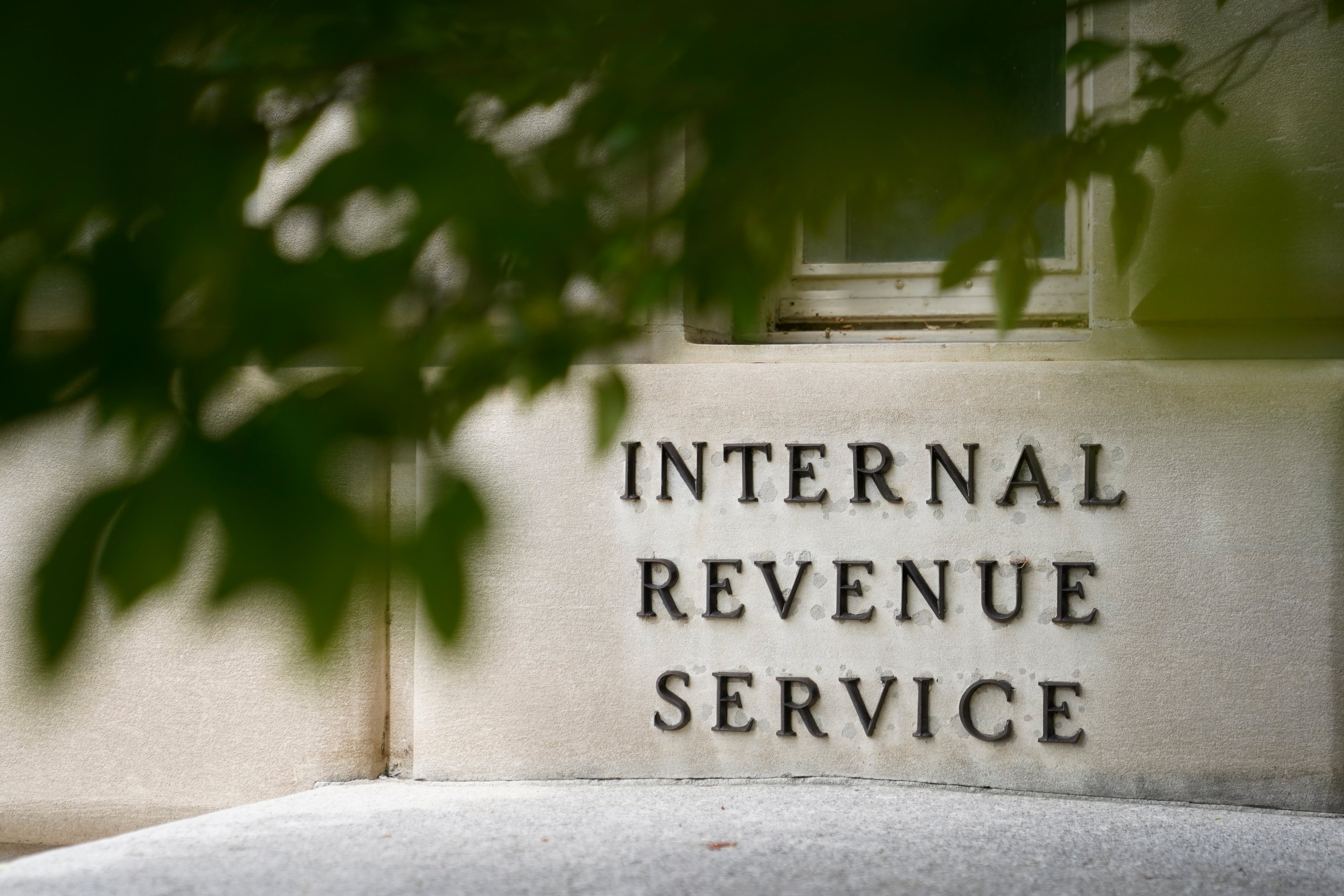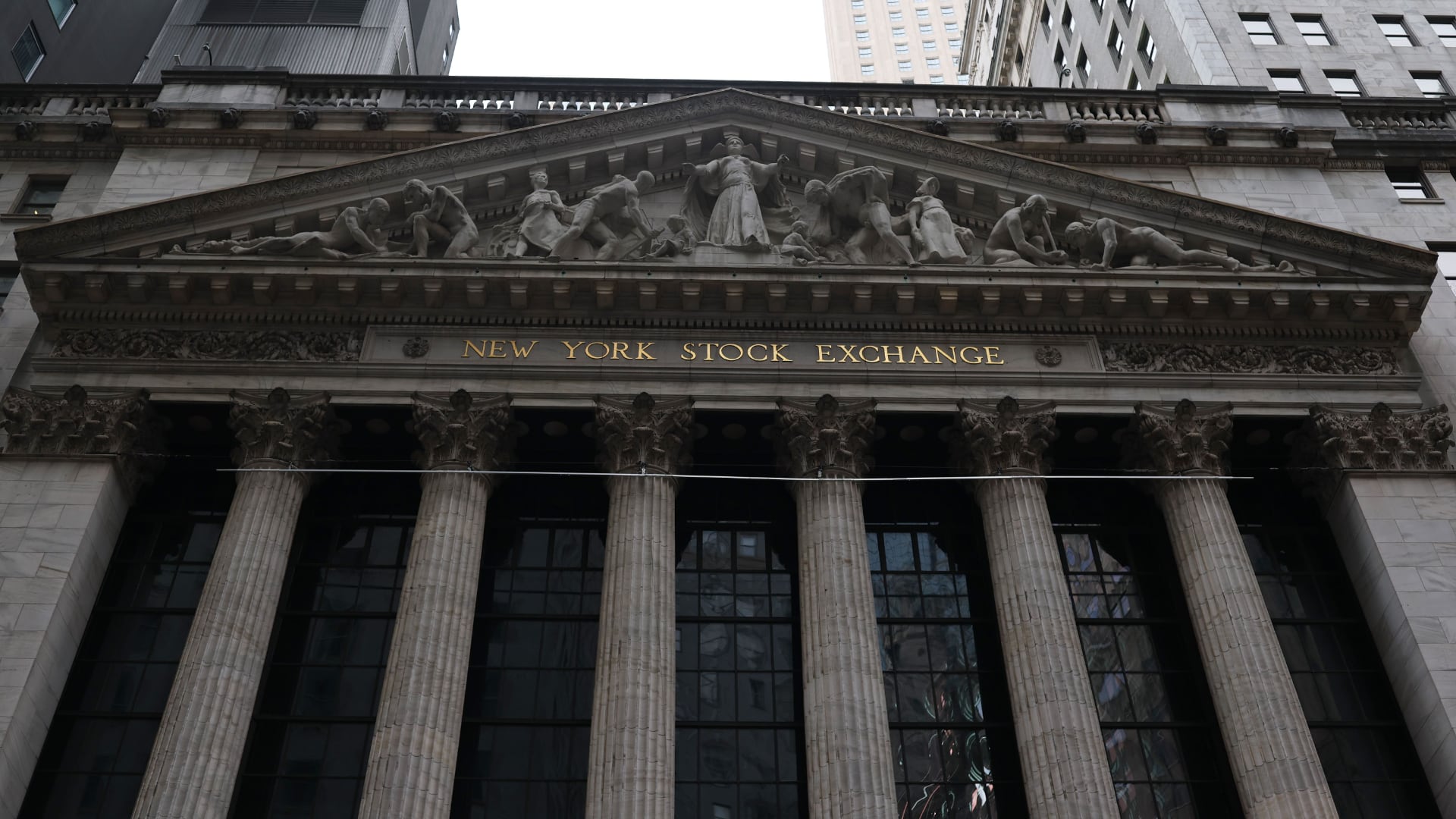Sometimes new startups come along that really seem to capture the excitement of investors, but once the money starts flowing, things don't work out as expected. Let’s take a look at some of Wall Street's darling that came in hot, and quickly fizzled out.
WeWork
In 2010 WeWork set out to reimagine the workspace by leasing offices, decking them out, and then subletting them. It was a quick hit among individuals and startups alike. By the beginning of 2019, WeWork was the single largest office tenant in New York, Washington, DC, and London and privately valued at $47 billion.
Fast forward to the end of that year when the company saw its valuation slashed by a whopping $40 billion and plans for an IPO dashed. So what exactly happened?
The SEC filing for an IPO in August of 2019 contained a few red flags for Wall Street. For one, the report detailed billions of dollars in losses. In 2016, the company lost $429 million on $436 million in revenue. In 2018, that loss accelerated to $1.6 billion on $1.8 billion in revenue.
The filing also revealed that WeWork’s co-founder and CEO Adam Neumann personally owned many of the buildings that WeWork leased and that the company had loaned millions to Neumann and other executives. Neumann had also cashed out $700 million from the company ahead of its IPO.
The day after WeWork filed its IPO paperwork, Morgan Stanley backed out of the deal. Then there was an outcry after WeWork officially rebranded as The We Company and paid CEO Neumann almost $6 million for trademark rights as a managing member of We Holdings, LLC. Neumann eventually returned that money to the company.
By September 9, WeWork’s biggest shareholder SoftBank asked to put the IPO on hold, and by September 16 the IPO was officially delayed. Just two days after that, an exposé from The Wall Street Journal detailed Neumann's hard-partying behavior and management style.
On September 24, Neumann stepped down from his role as WeWork CEO. One month later it was reported that SoftBank would take control of WeWork and that founder Adam Neumann would step down from the board.
For those keeping score, that means the company went from IPO to a bailout in two months flat.
News broke in January that the company could privately raise capital again or go public via a SPAC deal that would value the company at around $10 billion. SoftBank will pay Neumann an extra $50 million in a settlement.
Nikola
Nikola, based in Phoenix, Arizona, is a developer of electric and hydrogen-powered trucks and utility and tactical vehicles. The flashy startup with big plans, founded in 2014, caught the eye of many investors, but by 2020, many were questioning if the entire company was just a very intricate scam.
In late September of 2020, founder and chairman Trevor Milton abruptly resigned amid allegations that he made a number of false assertions about Nikola’s technology. Then deals started falling through.
General Motors announced in November it was no longer taking an equity stake in Nikola or building its Badger pickup truck. GM chose instead to sign a non-binding memorandum of understanding to supply Nikola with its Hydrotec Fuel Cell System.
In December, Nikola announced it had terminated its partnership with waste management company Republic Services, which had placed a preliminary order for at least 2,500 electric garbage trucks a few months prior.
The company recently extended its timeline to show when production of its zero-emission, hydrogen-powered fuel cell trucks will actually begin, but its production plant remains under construction in Arizona. Shares of the company have dropped significantly from its peak of over $50 per share.
Luckin Coffee
Starbucks rival Luckin Coffee was founded in 2017 with a coffee shop in Beijing and the company reached unicorn status within a year. With a valuation of $2.9 billion and a plan to open 2,500 new cafes, Luckin filed for a U.S. IPO on the Nasdaq. On May 17, 2019, its first official day of trading, shares of the company soared.
In January 2020, the company raised $865 million to fuel its expansion plans. At this point, the company claimed it was the biggest coffee chain in China. Then, things turned south.
In February of 2020, Muddy Waters Research said they would short Luckin’s stock after receiving an anonymous report containing allegations of inflated numbers. The company launched an internal probe in April which sent shares plummeting. The company lost almost $5 billion in market value.
As May came around, Luckin fired its co-founder/CEO and its chief operating officer for their roles in the fraud. On May 15, Nasdaq had alerted the company of its plans to delist its shares from the exchange, and by June 30, trading of Luckin’s shares was suspended. By July, the company confirmed hundreds of thousands of dollars worth of fraud. The company filed for bankruptcy protection in February of this year.
These three companies had crashed and burned just as quickly as they rose to success, but who’s to blame? The investors that enthusiastically bought into the hype — or the company leaders that were more ‘smoke and mirrors’ than ‘trailblazer’?












